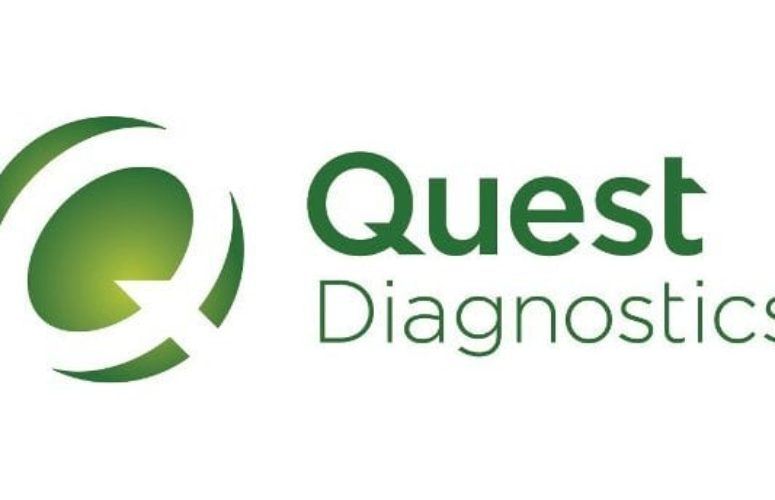
Making Sense of the New Weight-Loss Medicines
By Hans J. Schmidt On Apr 9, 2024It seems like everywhere you look these days, people are talking about the newest class of weight-loss medications called glucagon-like peptide-1 (GLP) receptor agonists. These prescription drugs act like naturally occurring hormones to help control blood sugar levels and reduce appetite, making weight loss easier than ever before.
Widely promoted and covered in the media, these medications, such as semaglutide (WEGOVY) and tirzepatide (ZEPBOUND), mimic the hormone GLP-1 that is released during eating. Acting as a food regulator, it tells the brain that food has been consumed and it’s time to stop eating. However, the naturally occurring hormone is short-lived, whereas the effect of the new medications last longer. They decrease appetite by consistently sending the “fullness” message, and they are very effective in helping people lose weight. They also slow down digestion and help to release insulin, which breaks down sugar for energy.
At the Center for Weight Loss and Metabolic Health at Hackensack University Medical Center, we discuss the following factors with our patients to determine if these medications are the right fit:
They are indicated for people with obesity (body mass index [BMI] of 30 or above), a chronic and serious medical condition, and people with a BMI of 27 and above who also have weight-related medical conditions, such as type 2 diabetes or high blood pressure. These drugs are not for those who want to shed 10 extra pounds to look slimmer for an upcoming vacation or wedding.
Ask a healthcare professional to help assess your weight and body mass index to determine if you may be a candidate for this class of medicines.
If you are a candidate, it’s very likely the drugs will work for you. They have been shown to help people lose between 15% and 21% of their weight over time. They also are relatively safe, but can’t be used by people with certain thyroid conditions and rare forms of cancer.
Medications are but one part of a comprehensive weight loss program. In addition to taking a weight-loss medication for a year or more, it’s important to work with a healthcare professional to develop a long-term weight loss and maintenance plan that includes good nutrition and meal planning with daily caloric guidelines and a regular exercise routine.
The treatments are costly, averaging about $1,000 per month or more. If your prescription drug insurance covers a drug in the class, it will be for a limited period during which your weight loss will occur. If you stop taking the medication, discuss with your doctor how to maintain any weight loss you have achieved.
About the Author: Hans J. Schmidt, MD, FACS, serves as chief, Division of Minimally Invasive and Bariatric Surgery, and director, Center for Weight Loss and Metabolic Health, at Hackensack Meridian School of Medicine. He also is immediate past president of the medical and dental staff at Hackensack Meridian School of Medicine and an associate professor of surgery there.
To access more business news, visit NJB News Now.
Related Articles:





